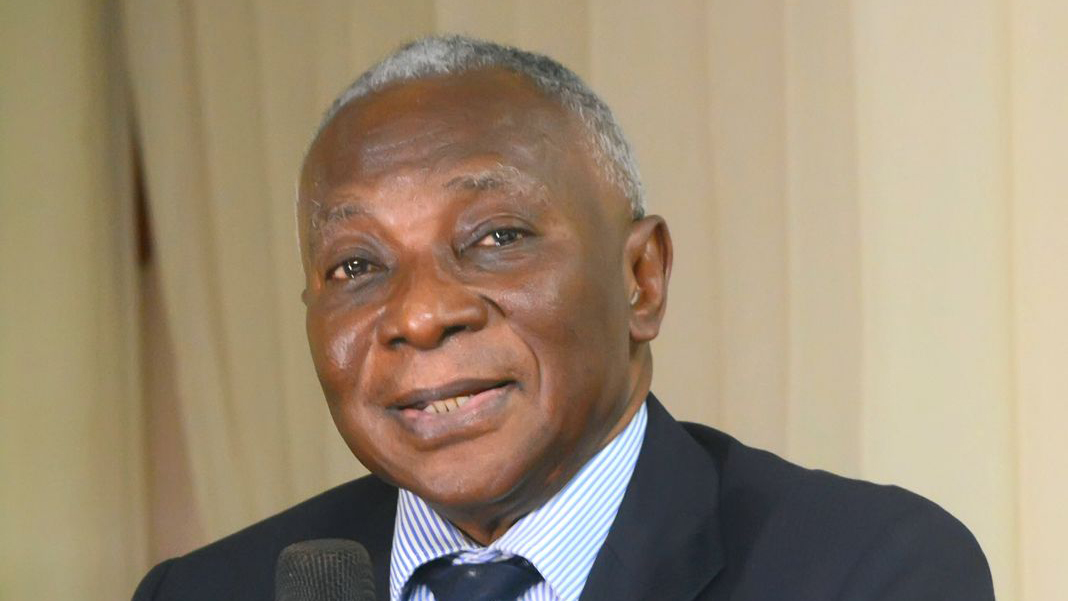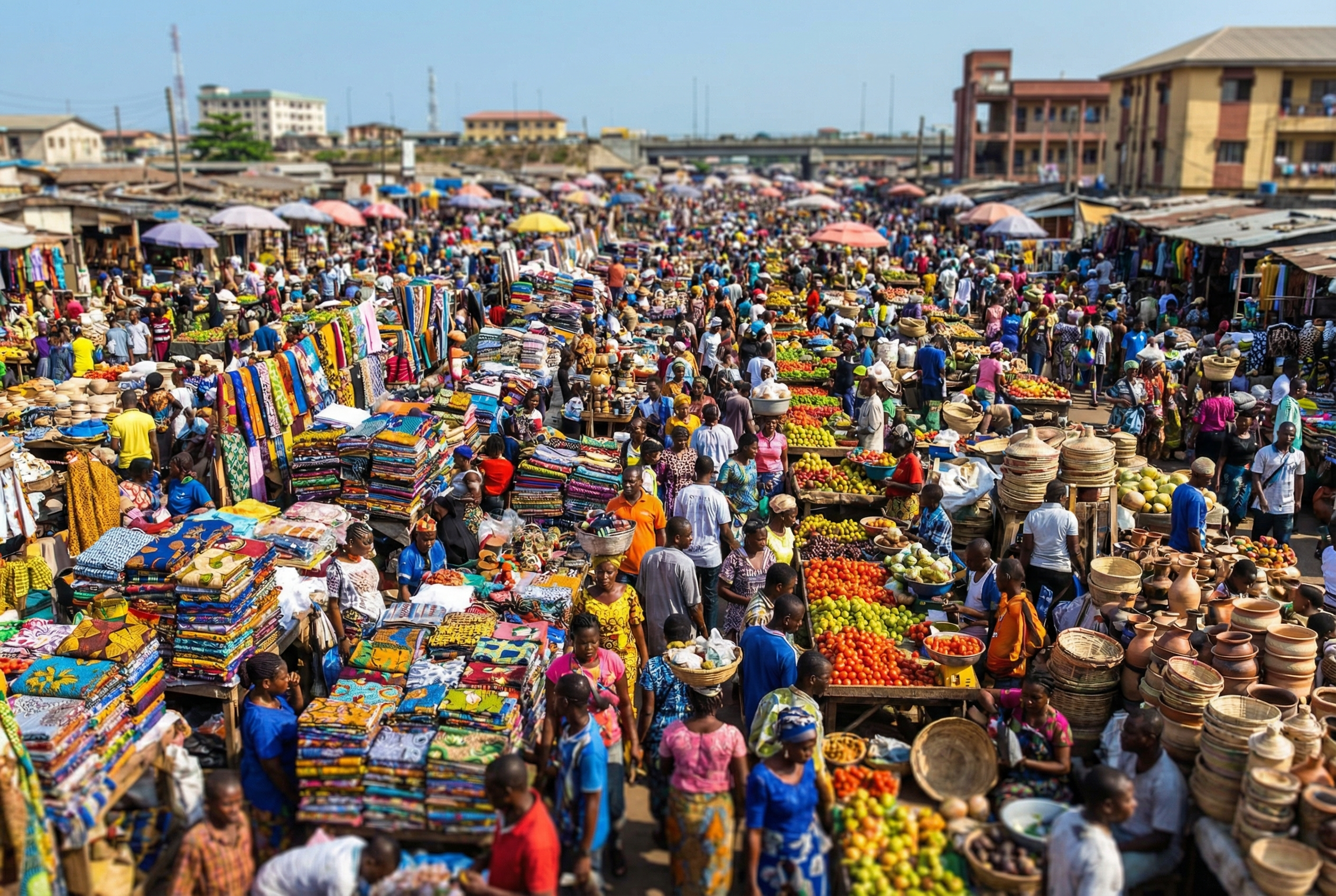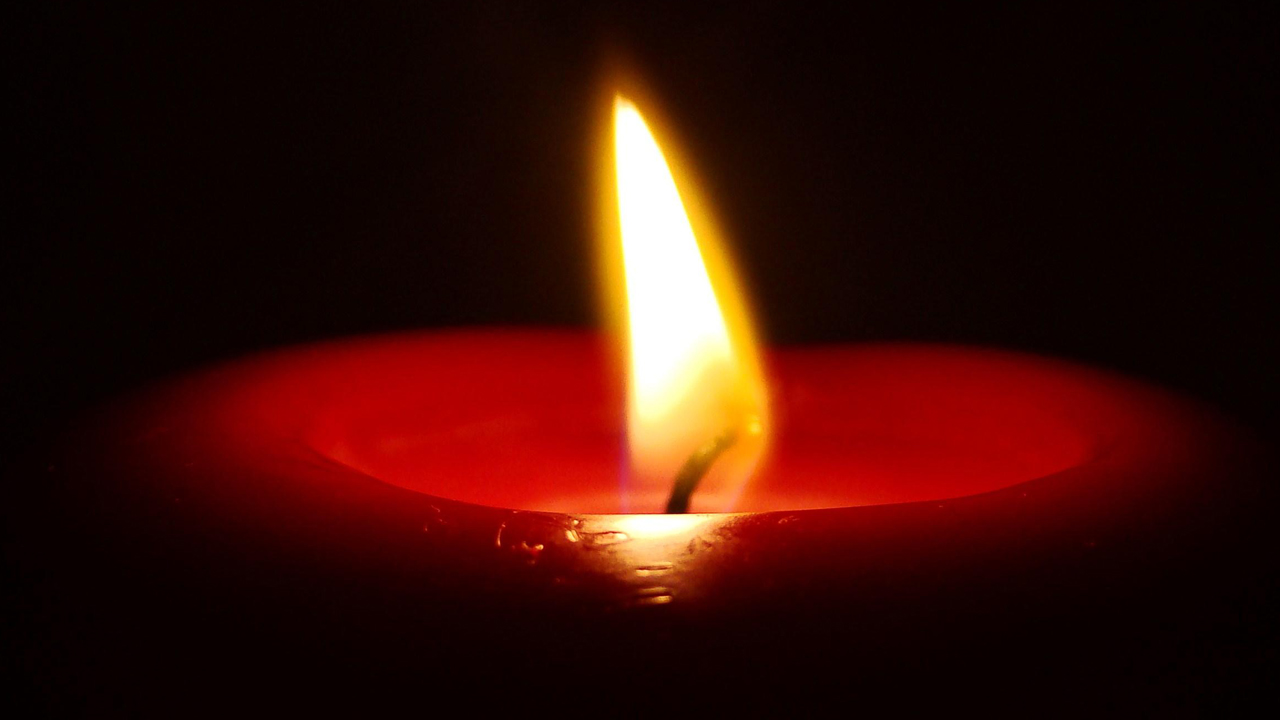
Two recent events that drew national attention could not have been more different or dramatic in their own ways. These issues will continue to bug the news headlines throughout the tenure of the President Muhammadu Buhari administration and even beyond. In addition, it will continue to keep Nigerians and indeed the comity of nations wondering what exactly is going on with the Buhari government. This is because the ruling party seems to be speeding crazily towards an abyss, yet, the party leaders and elite prefer either to play the ostrich or to wish its grave difficulties away with a wave of the hand. If you didn’t see the country going neck deep in debts or the premonition that at sometimes human rights may be an issue from the day Buhari was elected, you weren’t paying attention to APC’s campaign rhetoric. The hue and cry that the weakness of the nation’s economy among other woes was as a result of the previous government’s corrupt tendency has made the ruling government present itself like an handicapped orphan who can only survive by alms.
The very poor state of the nation’s economy has warranted the federal government to constantly borrow, an urge the federal government recently described as inevitable before the House of Representatives Committee on aids, loans and debt management. The Finance Minister, Zainab Ahmed’s argued in defence of Buhari’s recent loan request of $22.718 billion that “The loans are strictly for infrastructure development….that Nigeria does not have a debt sustainability problem but revenue challenge. Every kobo borrowed will be judiciously used”. Good talk indeed. But what she failed to inform the nation is that such action of consistent borrowing may mortgage younger generations’ future, on whose shoulders the onus may fall to work themselves to plump in paying back the loans. Currently, the debt serving provision in the 2019 budget was a whopping N2 trillion, while the total capital budget was N2.9 trillion. This implies that the debt service commitment was 70 per cent of capital budget allocation. Incidentally, the wake-up call by World Bank for the government to rejig its economic policies so that the country may not slide back into recession is seen as panic bottom by sycophants.
The other prominent issue that rocked the headlines last week was the reckless nature human rights have been abused. The once upon a time lively atmosphere and freedom enjoyed by Nigerians has been murdered ever since the ruling government on the watch of President Buhari began displaying some ugly idiosyncrasy of human rights abuses. At the moment, there is a general feeling among the public and civil society groups that Nigeria is no longer under a democratic rule. This has prompted a newspaper, the other day, to beat its gong, thumb its chest and crow aloud, declaring in its front page thus:
“As a symbolic demonstration of our protest against autocracy and military style repression,…will henceforth prefix Buhari’s name with his military rank as a military dictator…”. Once a soldier, the saying goes, is always a soldier and this has greatly reflected in Buhari’s government style as the threadbare character of human rights abuses keeps sweeping dirt on his self confessed democrat prefix. A modified satisfaction he used to achieve his ambition to clinch power through the ballot box. However, in no small measure, the confidence and respect reposed on President Buhari and his government has started its ebb as human rights continues to wobble even as the political maelstrom generated by treatments on governments ‘scapegoats’ will make matters worse.
It is absolutely a mistake to abuse human rights in a democracy. Observations available everywhere reveal grains of truth about human rights abuses but the government has chosen to serve a modest explanation that suits itself in the events and issues surrounding the arrest, detention and re-arrest of Omoyele Sowore, the convener of #RevolutionNow in the court room. Also, the alleged violation of fundamental human rights against government in the case of former National Security Adviser (NSA), Sambo Dasuki who has been in detention since late 2015, despite several court orders directing his release on bail.
Of course, the court of the Economic Community of West African States (ECOWAS), has declared his (Dasuki’s) arbitrary arrest and detention unlawful, there by awarding an N15million fine against the government. The same fate has befallen the leader of the Islamic Movement in Nigeria (IMN), Ibrahim El-Zakzaky and his wife, Zeenat. Aside from the above mentioned, a journalist named Agba Jalingo has been in detention without trial while the whereabouts of Abubakar Idris, a government critic popularly known as Dadiyata abducted since August 1, 2019 from his home remains unknown.
Not only has the government shown great disregard for human rights, it has proved remarkably that it does not respect the judiciary, hence court orders are flagrantly disobeyed. The Sowore’s courtroom episode helps to explain the repulsive development at which the Department of State Service (DSS) made the government wash its dirty linen in public. Tellingly, Buhari’s body language speaks volume about his support for the reckless behaviour of the security operatives. His continued silence about happenings surrounding human rights abuses reveals that he is solidly behind it, especially with a report credited to the Senior Special Assistant to the President on Media and Publicity, Shehu Garba, that, “…The DSS does not necessarily need the permission of the presidency in all cases to carry out its essential responsibilities that are laid down in the Nigerian Constitution…” Does that not make Nigerians to be at the mercy of the agency’s officials?
There is no doubt that both the poor state of the nation’s economy and human rights of the citizenry will continue to linger and induce anxiety on the people. Each one of these issues has varying degree of negative influence and may trigger volatile atmosphere in the polity. Therefore, the government should endeavour to channel its energy more towards growing a nation that is not only politically free but economically prosperous, instead of building a politically suppressed people and economically weak society.






